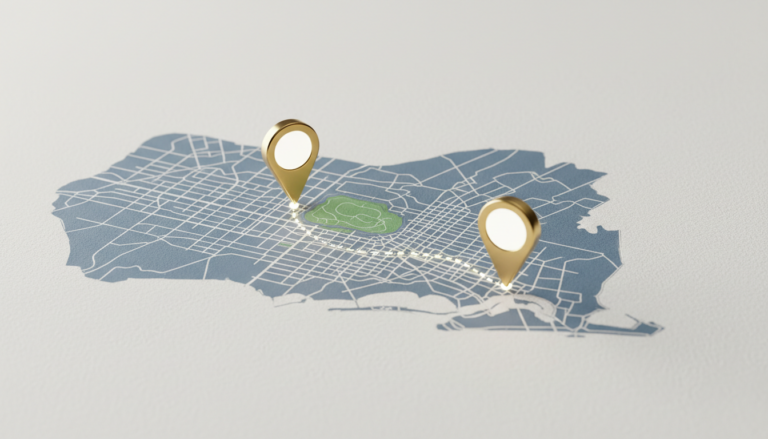Introduction
In recent years, there has been a growing recognition of the importance of providing comprehensive and patient-centered care for individuals struggling with depression. Traditional methods of therapy, such as office visits, have proven to be effective; however, they may not always be accessible or convenient for all patients. This is where the concept of medical house calls in depression therapy comes into play. By bringing the treatment directly to the patients’ homes, medical house calls offer a unique approach that empowers patients and enhances treatment outcomes. In this article, we will explore the role of medical house calls in depression therapy and discuss the various benefits it provides.
The Rise of Medical House Calls
Medical house calls, once a common practice in the past, have experienced a resurgence in recent years. With advancements in technology and a shift towards patient-centered care, healthcare providers are recognizing the value of delivering care directly to the patients’ homes. This approach not only improves accessibility but also allows for a more comprehensive understanding of the patient’s environment and social context, which can greatly impact their mental health.
Tailored Treatment Plans
One of the key advantages of medical house calls in depression therapy is the ability to create tailored treatment plans for each individual patient. By conducting therapy sessions in the comfort of their own homes, healthcare providers can gain valuable insights into the patient’s daily life, routines, and support systems. This information enables them to develop personalized treatment strategies that address the unique needs and challenges of each patient, ultimately leading to more effective outcomes.
Building Trust and Rapport
Establishing a strong therapeutic alliance is crucial in any form of therapy, and medical house calls excel in fostering trust and rapport between the healthcare provider and the patient. By entering the patient’s personal space and demonstrating a genuine interest in their well-being, healthcare providers can create a safe and supportive environment that encourages open communication and collaboration. This trust-building process enhances the therapeutic relationship and increases the likelihood of positive treatment outcomes.
Overcoming Barriers to Access
For many individuals with depression, accessing traditional therapy services can be challenging. Factors such as transportation limitations, mobility issues, or social anxiety may prevent them from seeking the help they need. Medical house calls eliminate these barriers by bringing therapy directly to the patients’ doorstep. This approach not only improves access to care but also reduces the stigma associated with seeking mental health treatment, as it normalizes the idea of receiving therapy within the comfort of one’s own home.
Addressing Treatment Resistance
Depression can be a complex condition that sometimes requires alternative approaches when traditional methods have not yielded the desired results. Medical house calls offer a new avenue for addressing treatment resistance. By conducting therapy sessions in the patients’ homes, healthcare providers can observe firsthand the environmental factors that may contribute to treatment resistance. This allows for targeted interventions and adjustments to the treatment plan that can effectively break through barriers and improve treatment outcomes.
Conclusion
Medical house calls in depression therapy have emerged as a powerful tool in empowering patients and enhancing treatment outcomes. By bringing therapy directly to the patients’ homes, medical house calls address barriers to access, foster trust and rapport, and enable tailored treatment plans. As healthcare continues to evolve towards patient-centered care, the role of medical house calls in depression therapy will undoubtedly continue to grow, providing a valuable and effective approach to improving mental health outcomes.

